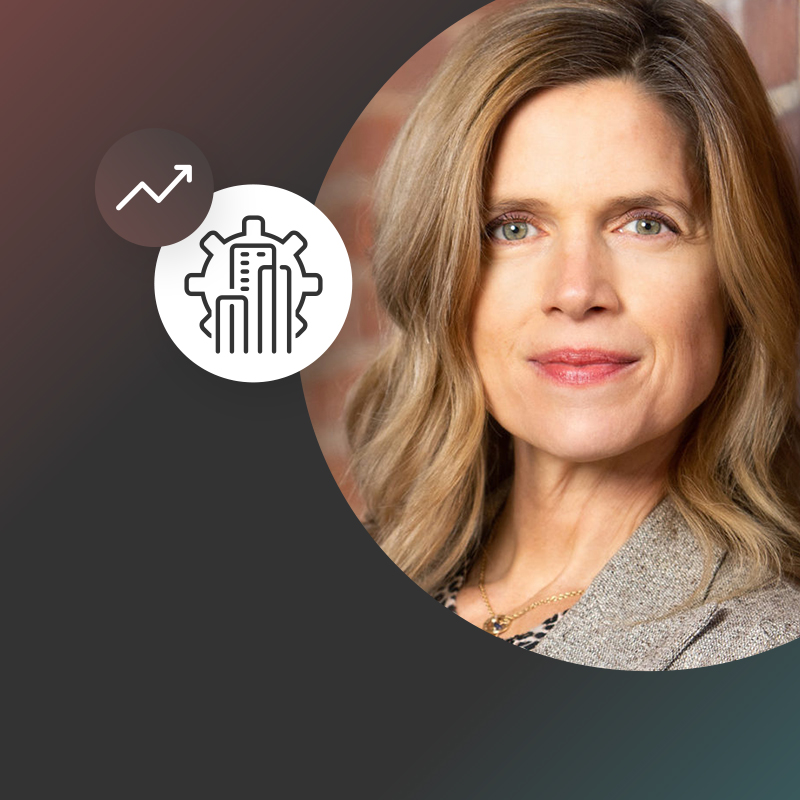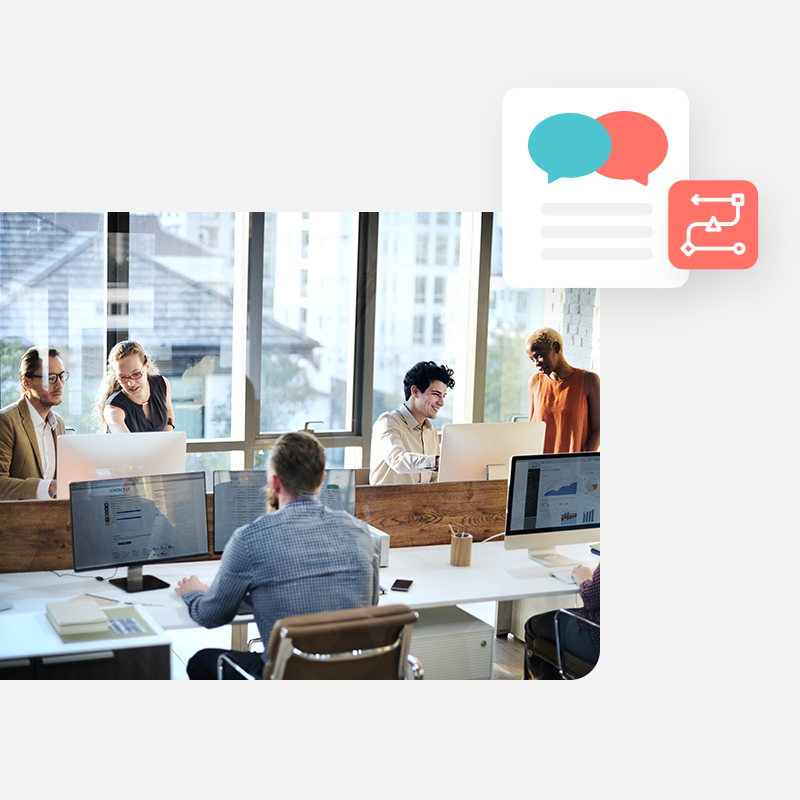Polly LaBarre is passionate about helping people grow. As a member of the founding team at Fast Company magazine and author of “Mavericks at Work,” she’s seen first-hand how companies that prioritize individual growth become more resilient — a trait we need now more than ever.
“We’re at a really beautiful and also challenging moment where we’re looking at our organizations, where we’re looking at work, and we have these imperatives to really think about fundamentals,” LaBarre says.
What’s most fundamental to work, of course, is people. “You can’t grapple with the big shifts going on in the world without a really bold, imaginative, and human agenda,” LaBarre says.
Ahead of her upcoming People Fundamentals webinar session, we spoke to LaBarre about what it takes to foster human flourishing — and how that drives better business outcomes.
Threading the needle between autonomy and control
There’s always been tension between giving employees agency and following a business agenda. “We all want to feel that we have autonomy and agency,” LaBarre says, but “the organization has performance imperatives and wants productivity and a sense of control.”
So how can the two come together? LaBarre cites a Swedish bank with a “fully devolved model of power” that equips everyone to think like a businessperson. This is no small effort, she notes. “There’s a set of values and norms, and then the skills and training, that go into a system where that amount of distributed decision-making and power actually works without creating havoc,” LaBarre says.
Even the bank’s lower-level employees have the autonomy and authority to make important decisions. Employees base their actions on the bank’s values, which helps the organization stay agile in the face of constant change.
The key to success is what LaBarre cheekily refers to as “adult development,” which means “showing up grown up,” she says, “fully in charge of your own growth and evolution, and clued into your own sense of agency.”
Before human flourishing can occur, you need your workforce to take ownership of their roles and recognize their responsibilities.
“You can’t have autonomy without also a sense of deep responsibility, fundamental capability, and capacity when it comes to understanding the business, understanding strategic priorities, knowing how to act and make decisions,” she says.
Confronting the fear of trying new things
People tend to shy away from distributed authority during times of change and challenge — when we need business agility the most. “In times like this, there is often a tendency to want to clamp down and get a little bit more control and have a little bit more predictability,” LaBarre says.
Pulling the reins can help us feel more in control, but “that’s not actually the way you unleash potential in human beings,” LaBarre continues. “It’s not the way that we get the innovation and the imagination and the resourcefulness and the initiative and the passion that we really need to meet the problems that we have.”
Instead, LaBarre proposes a model of low-cost, rapid experimentation. “I would like organizations, especially in the HR world,” LaBarre says, “to be as creative and as experimental and as innovative around the systems and the processes and the practices that organize our work as they are about the products and services that they put out in the world.”
Building a culture of experimentation gives employees permission to try new things. Traditional innovation focuses on a long, costly rollout with high risk. Instead, embrace small-scale, iterative changes in the flow of work so you find new ways of working with relatively low risk.
“I think there’s a lot of fear and trepidation around the risk involved with this,” LaBarre says. “But I’m here to argue that if you develop a facility for low-cost, rapid experimentation, you take a lot of risk out of the process because you’re generating more options and subjecting them to real-world feedback quickly and cheaply.”
Transforming work from the inside out
The rapidly changing world of work can be a struggle for even the most brilliant, seasoned business leaders to adjust to. Your instinct might be to take control. But no-one will ever “be able to control their way to the future,” LaBarre says. Agile and adaptable organizations are more important now than ever.
Building autonomy and experimentation into your organization doesn’t come from the outside, but from a strong internal foundation of shared values and priorities.
“It’s not really about what system you sort of buy or what consultancy you work with, so much as it is what values are ruling your design of work,” LaBarre says. “You can’t just plug and play a design. You really have to evolve as an organization and a group of individuals, together.”
Want to learn more? Register to watch “Designed to Flourish: Unleash Potential, Collaborate Across Boundaries, and Amplify Impact.”
Designed to Flourish: Unleash Potential, Collaborate Across Boundaries, and Amplify Impact.






